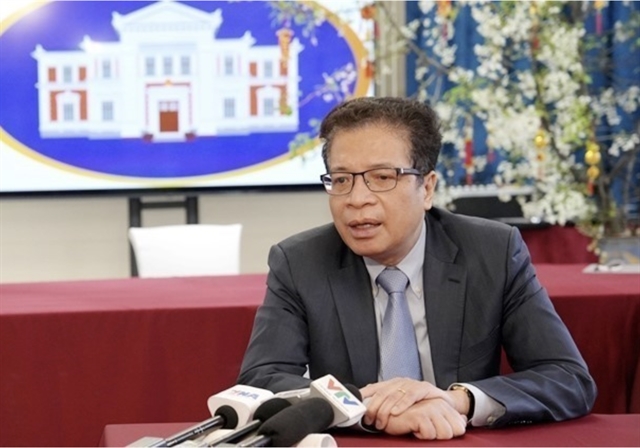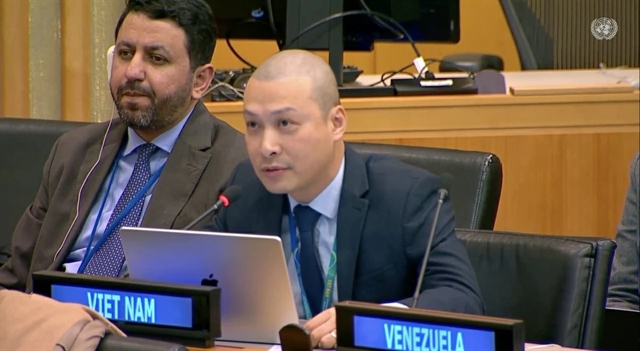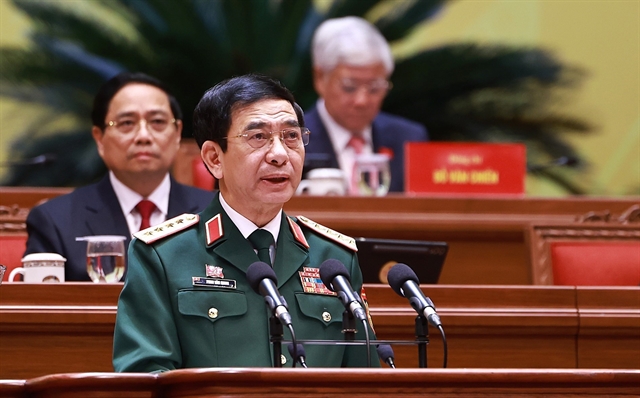 World
World
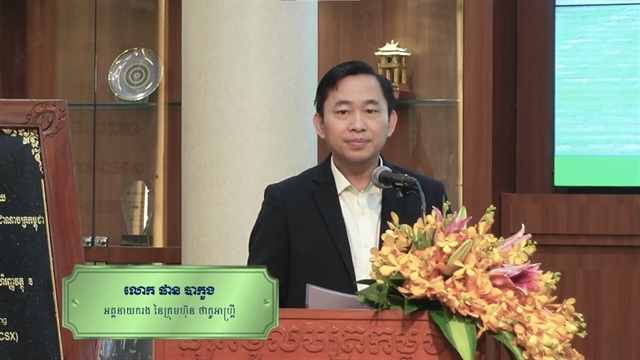
Demonstrators occupied Brazil's finance ministry, flooded the center of Sao Paulo and went on strike in a string of cities on Wednesday to protest reforms to the cash-strapped country's pension system.
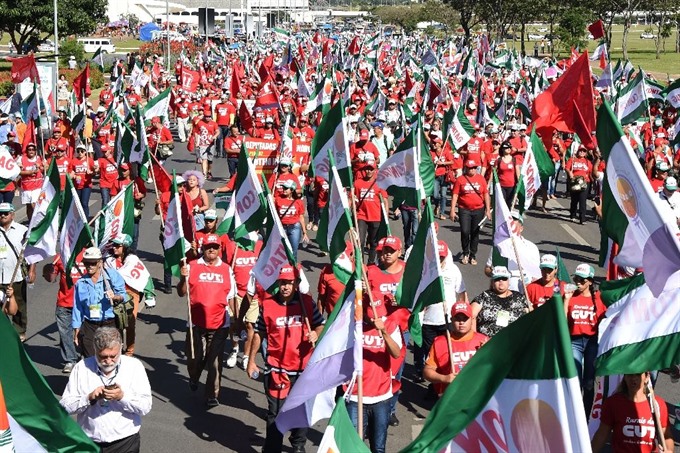 |
| Members of Brazilian social movements march in Brasilia during a national strike against a government’s Brazilian Social Welfare reform project on Wednesday. — AFP/VNA Photo |
BRASÍLIA — Demonstrators occupied Brazil’s finance ministry, flooded the centre of Sao Paulo and went on strike in a string of cities on Wednesday to protest reforms to the cash-strapped country’s pension system.
The biggest demonstration took place in the financial powerhouse Sao Paulo, where thousands of people filled a section of the main avenue.
Organisers claimed that up to 80,000 people attended, saying the fiery former leftist president Luiz Inacio Lula da Silva would address the crowd later.
A strike by metro and bus workers in Sao Paulo earlier had paralysed the morning rush hour.
During a dramatic protest in the capital Brasilia, hundreds of activists burst into the finance ministry before the start of the workday, occupying the building until late afternoon. Police said they vandalised the ministry and broke windows.
Staff at public schools in Rio de Janeiro also went on strike, trash collectors stopped work in Curitiba and the metro was shut down in Belo Horizonte, according to the news portal G1.
The unrest marked the most serious challenge in the streets so far to attempts by center-right President Michel Temer to tame the budget and restore an economy mired in two straight years of recession.
"We’re on strike for the future of the country," said Rio teacher Mirna Aragon at a protest with thousands of other people. "The rights of workers have been thrown in the gutter."
Question of rights
A provision to set the retirement age at 65 is central to the pension reform – a shock to a country where many are able to draw pensions at 54.
That reform is needed to prevent the pension system’s "collapse," the hugely unpopular Temer said on Wednesday.
"No one will have their rights taken away," he said in an address, describing the reforms as "saving the benefits of today’s retirees and of the young who will retire tomorrow."
Arguing that the country will be driven to bankruptcy if austerity measures are not taken, Temer has already steered a 20-year budget freeze through Congress.
He got one piece of good news Wednesday when the Moody’s financial ratings agency upgraded its outlook for Brazil from "negative" to "stable."
However, leftist opposition organisations say Temer is punishing ordinary Brazilians already suffering the worst recession in the country’s history, with unemployment at a record 12.6 per cent – around 13 million jobless.
The popular actor Wagner Moura – who plays the drug lord Pablo Escobar in the Netflix series "Narcos" – added his voice, saying "this reform represents yet another enormous blow to the rights of Brazilian workers."
Corruption probes
Temer took over last year after his leftist predecessor Dilma Rousseff wasimpeached for illegally manipulating government accounts with unauthorised loans.
He has made a return to economic health his main goal, saying he does not care if austerity measures decrease his already rock-bottom popularity.
However, Temer’s credibility among Brazilians is being hurt further by a ballooning graft scandal over embezzlement from the state oil company Petrobras.
The scandal entered new territory on Tuesday, when the prosecutor general requested the Supreme Court for the authority to investigate scores of politicians. They reportedly include five ministers as well as the presidents of both houses of Congress.
Temer has said he will not fire ministers unless they are actually charged with crimes.
However, earlier phases in the scandal have already claimed several ministers, raising questions over Temer’s ability to keep a congressional coalition together for the all-important vote on pension reform. — AFP


